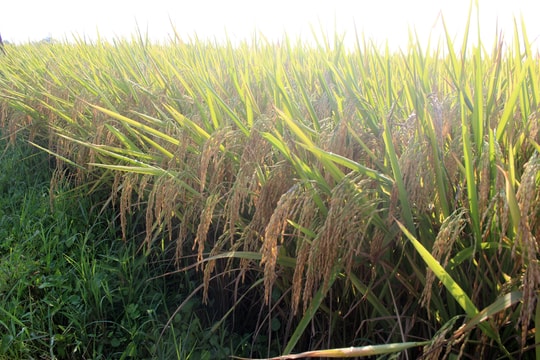Food security issues in the context of the pandemic
(Baonghean) - "Food security is always and forever a very important issue for the country, especially in the context of frequent political instability in the world, complicated climate change issues, and especially non-traditional security issues and epidemics" - This was affirmed by Prime Minister Nguyen Xuan Phuc at the Conference summarizing 10 years of implementing the National Food Security Project to 2020 held in mid-March 2020.
Quite notably, the Prime Minister's opinion was given in the context of a good rice crop in the 2020 winter-spring crop nationwide. According to the Ministry of Agriculture and Rural Development, by the end of the crop, the country will reach an output of about 20.1 million tons. Of which, the output of the northern provinces will reach about 6.9 million tons, and the southern provinces 13.2 million tons.
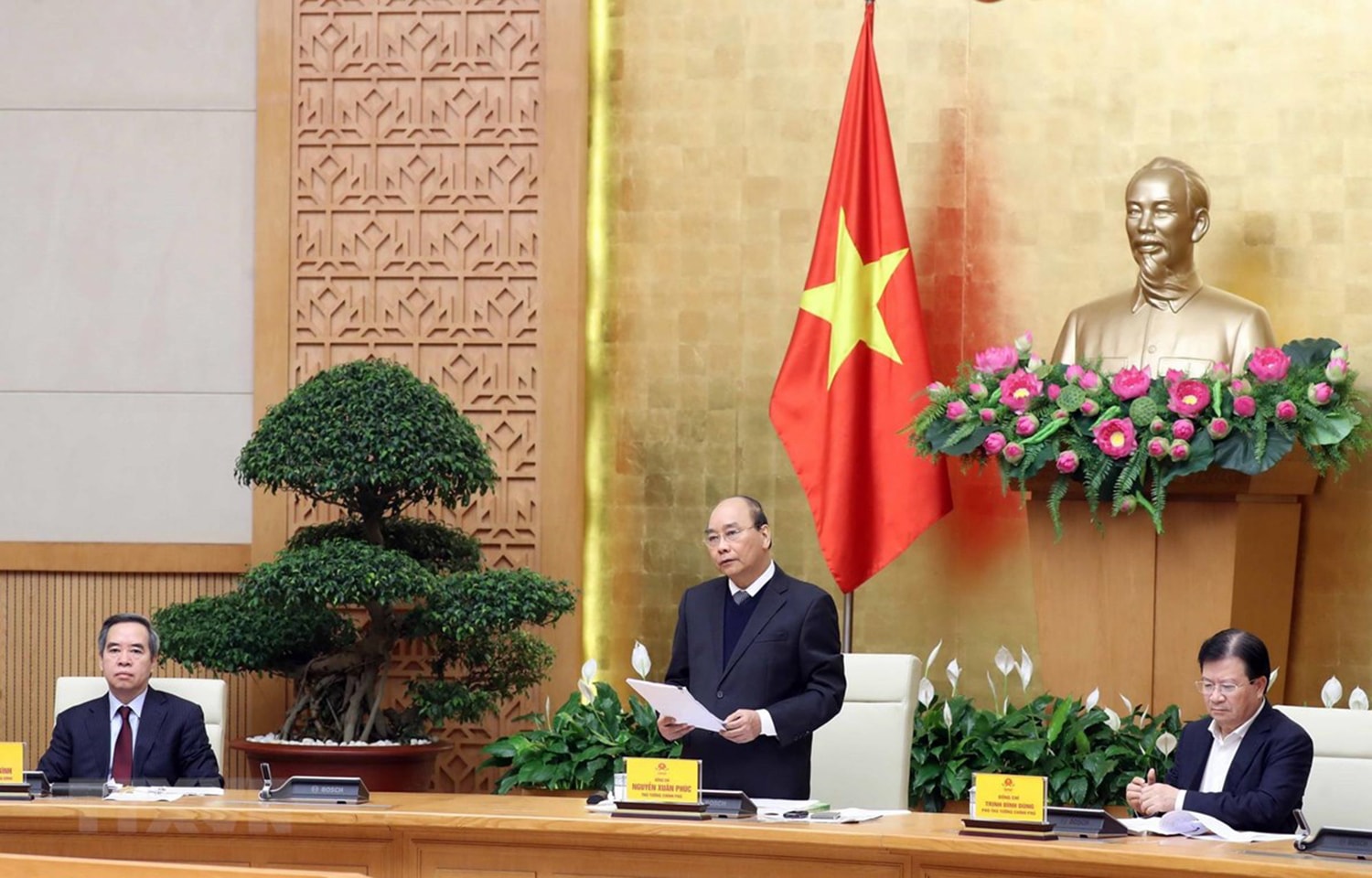 |
| Prime Minister Nguyen Xuan Phuc chaired a national online conference to review 10 years of implementing the "National Food Security Project to 2020" project. Photo: VNA |
However, in reality, the Food Security Project (FSP) Summary Conference took place in the context of the Covid-19 pandemic that has seriously impacted all areas of social life. And as of early April 2020, there were nearly 1.2 million cases of Corona virus in more than 200 countries and territories; nearly 65,000 people died from Covid-19. In Vietnam, as of April 5, there were 241 cases of the disease, of which 90 were cured. Vietnam also quarantined more than 80,000 people in provinces and cities across the country.
The reality of the pandemic is that it is happening fiercely on a global scale, causing all areas of social life to fall into a deadlock and stagnation; all production activities are forced to stop to focus on fighting the pandemic. This has posed the problem of food security for countries around the world.
Demand is forecast to increase while supply becomes limited. For many years, Vietnam has maintained its position as one of the top 3 rice exporting countries in the world. However, in the context of the serious spread of Covid-19 and the uncertain end, Prime Minister Nguyen Xuan Phuc said that, whether we like it or not, we must first ensure enough food for 100 million people in the country. It is the responsibility of the Party and the State to stabilize food, foodstuffs and people's lives in the context of the epidemic.
“The saying of non-agricultural instability is still very true, and we need to continue to implement it in the new situation.”
 |
| Stabilizing rice growing area and ensuring food security is the top priority in the current period. Photo: Hai Vuong |
Speaking further about the importance of the issue of food safety, the Prime Minister stated that in the first days of March 2020, after a person was infected with Covid-19, the food market immediately became chaotic, and people rushed to buy and stockpile food. The Prime Minister affirmed that despite the special conditions at this time, Vietnam does not lack the supply of food, foodstuffs, and essential goods to serve 100 million people. Even during the peak days, the Government directed stores and businesses distributing food to open until 11pm every day.
Evaluation of 10 years of implementation of Conclusion No. 53-KL/TW dated August 5, 2009 of the Politburo on the Project "National Food Security to 2020" shows that in the period 2009-2019, rice output increased from 39.17 million tons to 43.4 million tons; average food per capita increased from 497 kg/year to 525 kg/year, putting Vietnam in the top 6 countries in terms of this index and Vietnam's role in supporting food security (ANLT) for other countries is increasing.
The reality of agricultural production in Vietnam also shows that our country is the world's top rice exporter but ANLT ranks 57th out of 113 exporting countries. The lives of agricultural producers are still poor, in many localities there are still households facing hunger. Besides, there is still instability in land use planning; infrastructure and science and technology are not synchronized; agricultural labor is abundant but of low quality; policies towards farmers, localities, enterprises producing and trading rice still have some shortcomings; some limitations in the food circulation and export system; balancing the nutritional needs, health, and longevity of the people still faces many difficulties...
 |
| Farmers in Quynh Di (Hoang Mai town) harvest rice. Photo: Thanh Yen |
Regarding this issue, Politburo member and Head of the Central Economic Commission Nguyen Van Binh said that "only with food can one practice morality", especially during the Covid-19 pandemic, we can see how important the issue of food security is. However, the issue of food security must be placed in the context of general and overall development with other fields. Vietnam's goal is to become a modern developed country by 2045.
In addition, agriculture must be placed in the context of increasingly serious climate change. All levels, sectors and localities need to conduct research to re-plan and restructure agriculture, in each region, it must be based on the comparative advantages of each agricultural product and agricultural product to develop appropriately. What must be done so that farmers can earn 30% profit when participating in agricultural production?
However, no matter how the shift is made, the first requirement is to maintain the stability of rice production area while improving farming efficiency. This issue requires the participation of scientists, authorities at all levels, businesses and farmers themselves.
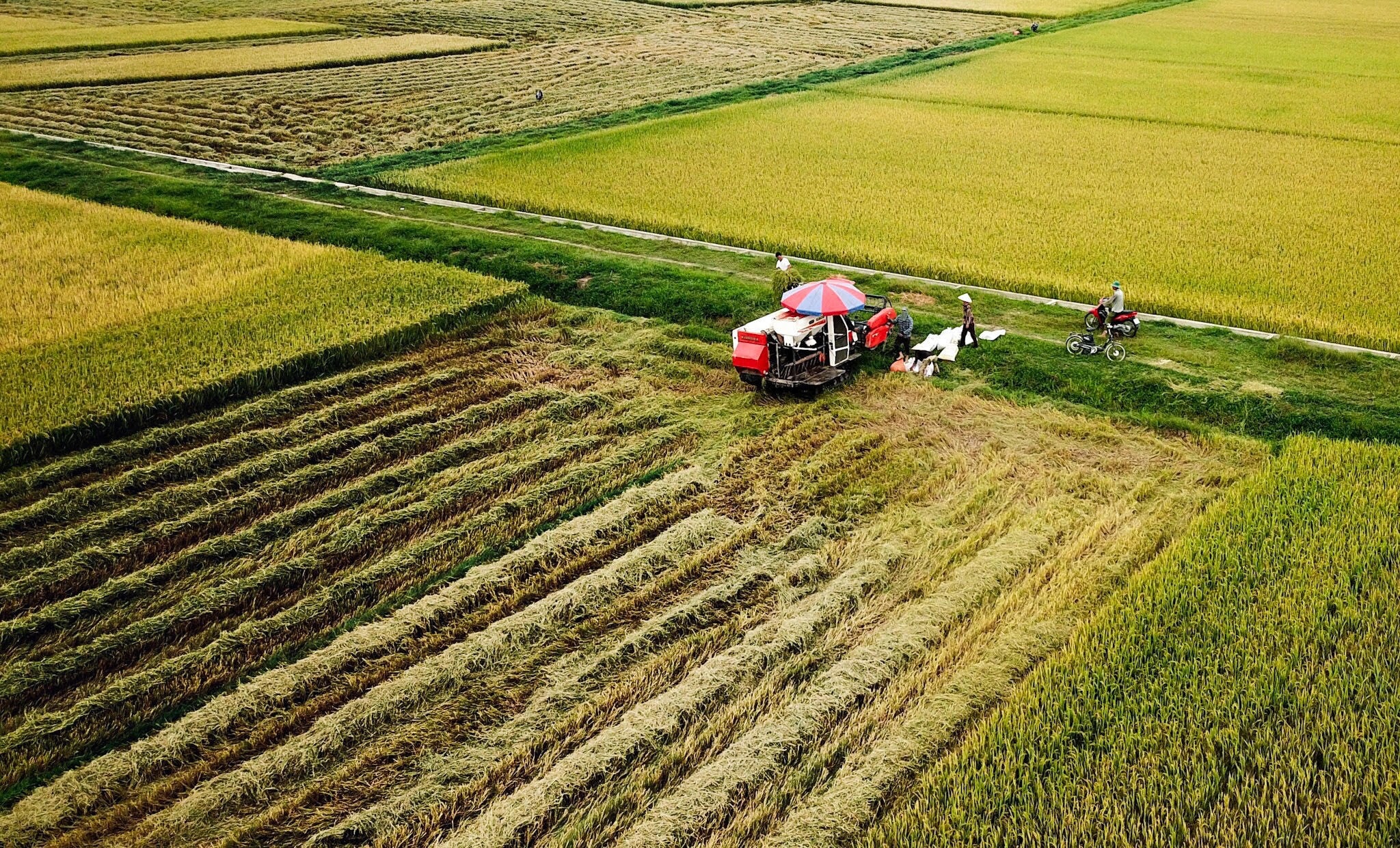 |
| Nam Dan farmers mechanize agricultural production. Photo: Hai Vuong |
After more than 10 years of Vietnam implementing Resolution 26-NQ/TW of the Central Committee (10th tenure) on agriculture, farmers and rural areas, on the issue of agriculture, farmers and rural areas, it shows that people's lives have improved. According to Prime Minister Nguyen Xuan Phuc, in order for Resolution 26 to continue to be implemented in the new period, it is necessary to first focus on restructuring agriculture, increasing the export rate of agricultural products by 9-10% per year. There needs to be scientific solutions, investment in infrastructure design, assessment of human resources and effective solutions to respond to natural disasters. Along with that, it is necessary to overcome the existing problems in linking production and consumption of agricultural products.
“We must fix the annual rice growing area, not follow market demand; it is necessary to restructure agricultural production in the overall economic development of the country; change agricultural awareness from social security to meeting nutritional needs, in order to contribute to improving the health and stature of Vietnamese people” – the Prime Minister emphasized.
In Nghe An, after 10 years of implementing Conclusion No. 53-KL/TW of the Politburo and Resolution No. 63/NQ-CP of the Government, the average grain output per capita increased from 397 kg in 2008 to over 417 kg in 2018, the average income per capita in rural areas in 2018 increased 3.7 times compared to 2008 (28.4 million VND/7.65 million VND); the rate of poor and near-poor households decreased rapidly from 28.89% in 2008 to 5.54% in 2018, there were no more hungry households.

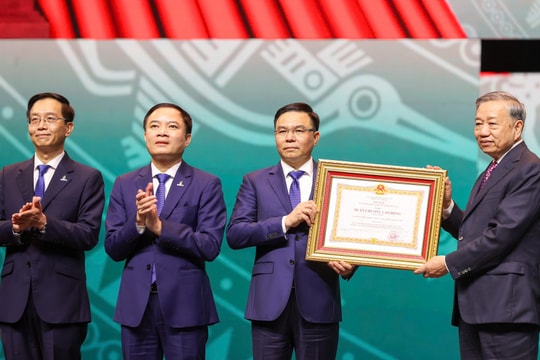
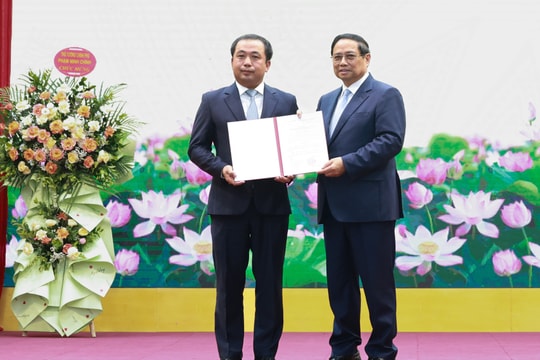

.jpg)

